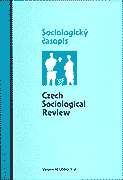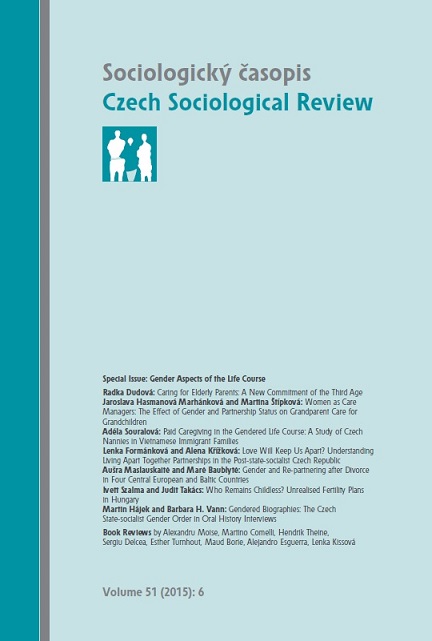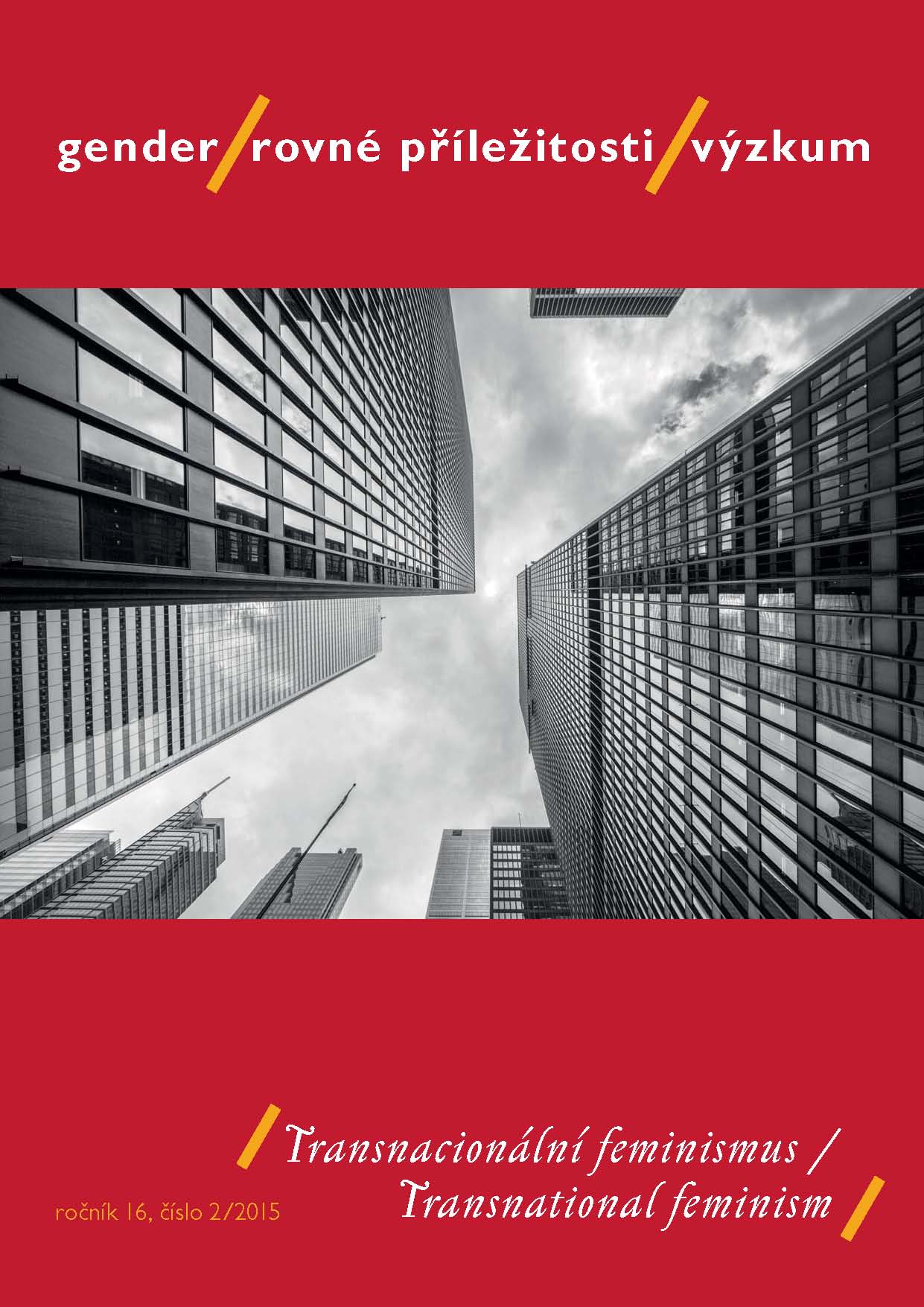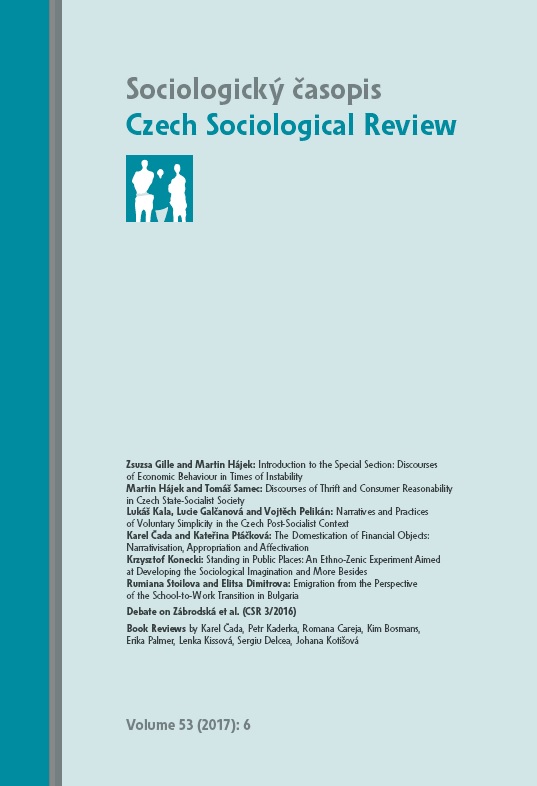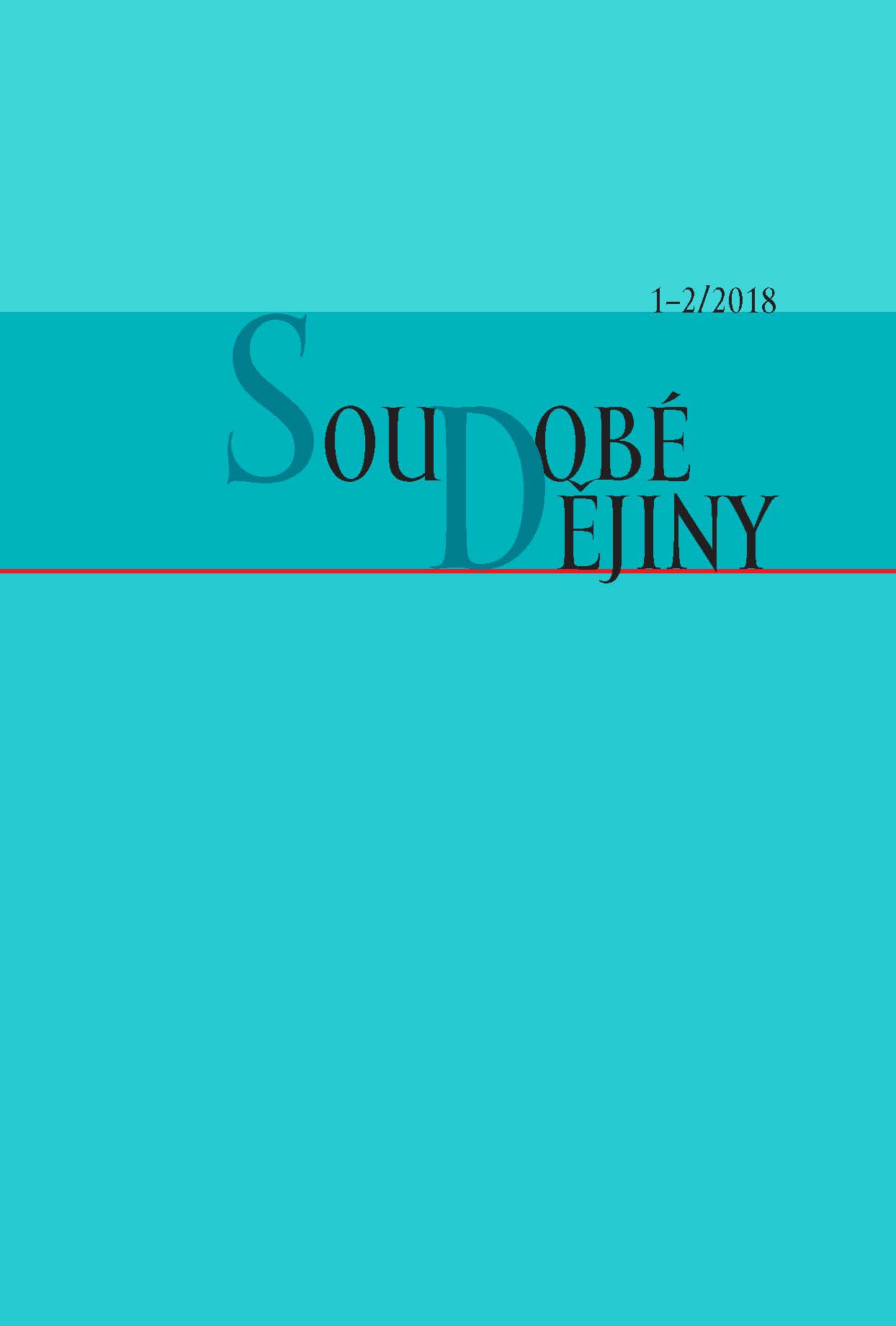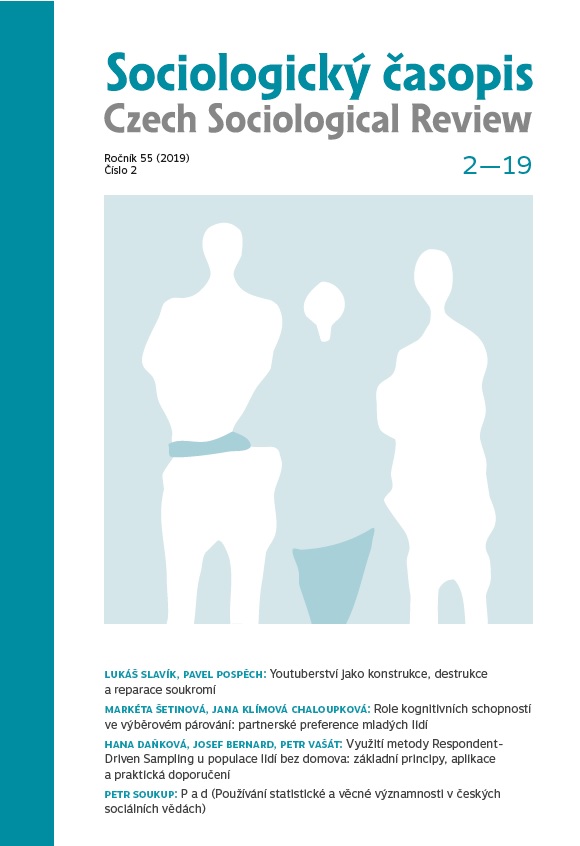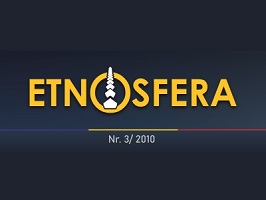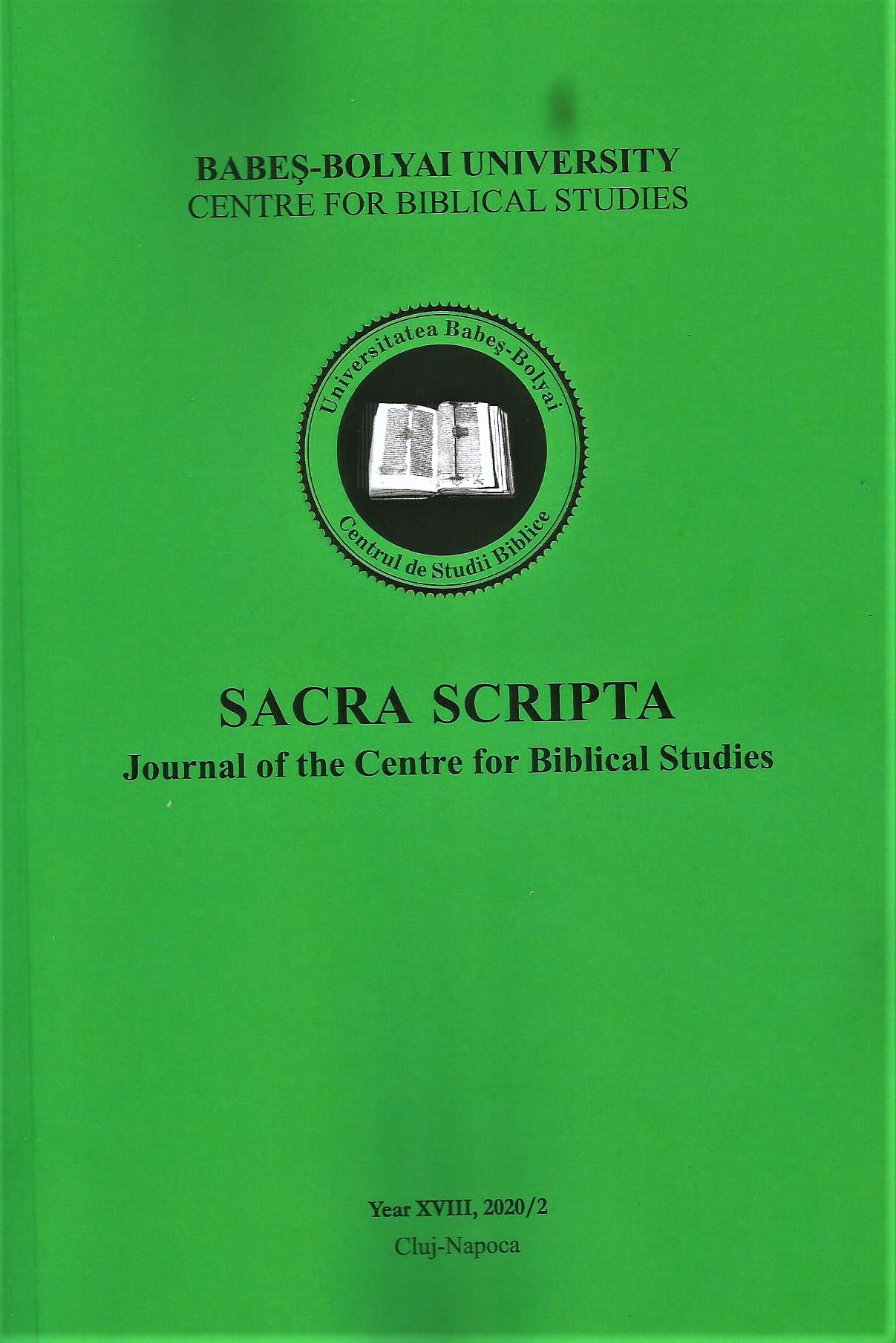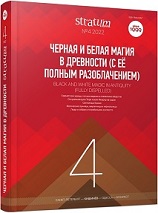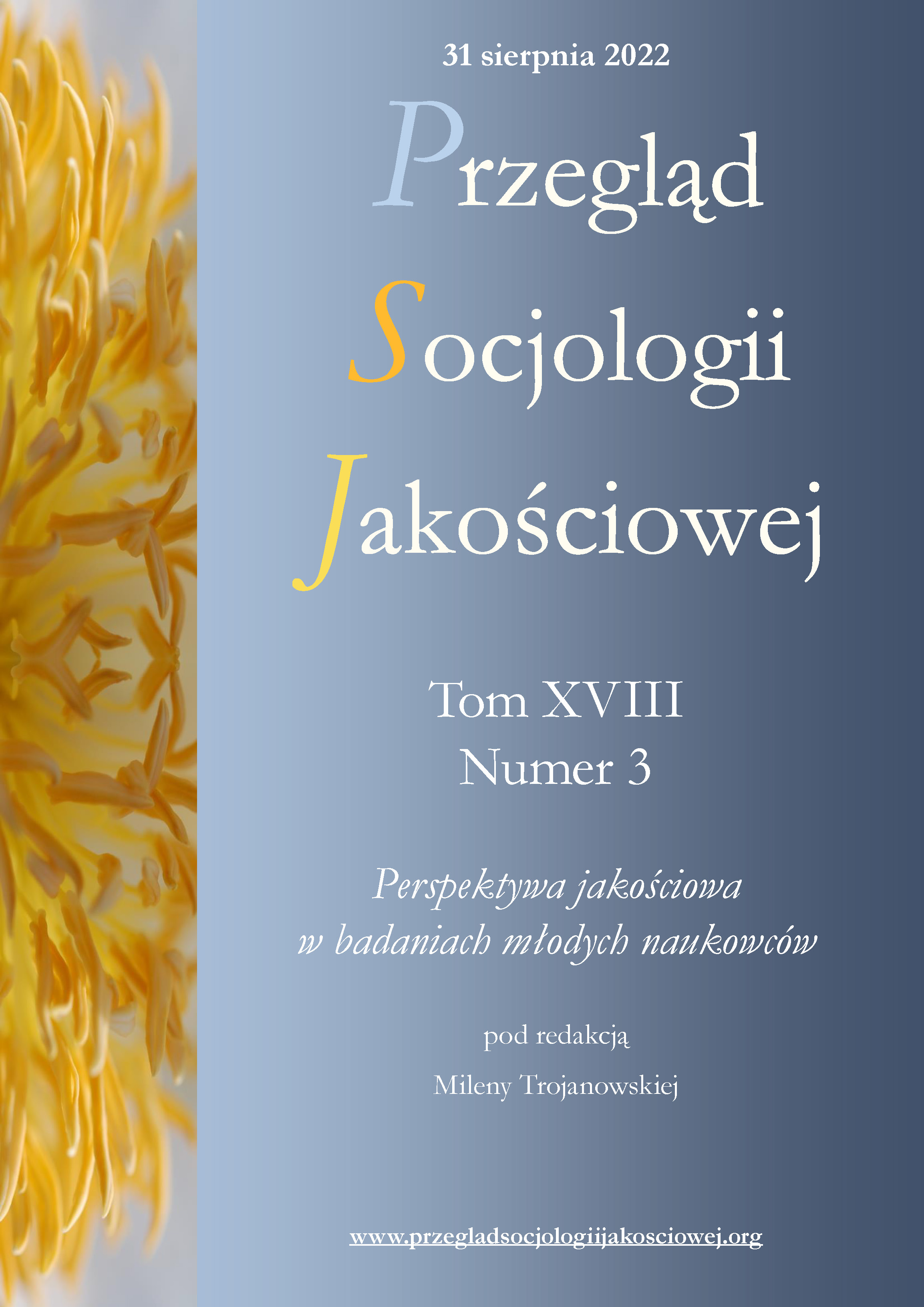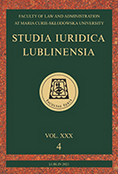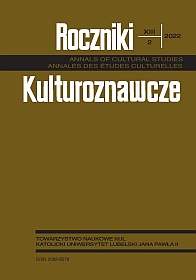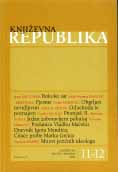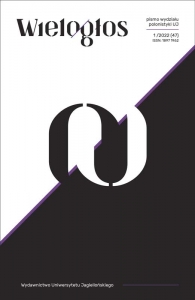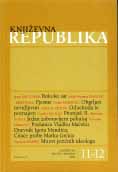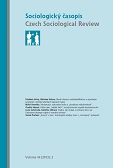
Secularisation, Disenchantment, and the ‘Pluralisation of Religiosity’
Sekularizace, odkouzlení světa a „pluralizace náboženskosti“
Keywords: sociology of religion; secularisation; Entzauberung; Max Weber
This article applies the perspective of historical-sociological semantics to examine the changing meanings of secularisation and pluralisation in relation to changing realities. This approach here makes it possible to analyse and distinguish several other concepts of the sociology of religion that can be used to take a more differentiated look to the often all-encompassing application of the concept of secularisation, which both embraces and diminishes Weber’s multidimensional concept of ‘disenchantment’ (Entzauberung). Drawing on Niklas Luhmann’s concepts of ‘segmentary differentiation’ and the ‘surplus effect’, the author attempts to formulate a radically different sociological concept of religion based not on a substantive definition of its sacred content but on the historical sociology of action, whereby religion can be interpreted through its specific focus on ‘meaning’ as a particular type of social relationship and its corresponding ‘chance’ (Weber) of understanding. Other cultural (and political) phenomena of modern society (confessionalism, political theology) whose applicability and effect are not explained away or exhausted/voided by the secularisation theory can also be analysed as ‘religious’. To provide these phenomena with a context the author uses the term ‘religious culture’ to aggregate of everything people of a particular period know and think about their religion, how they evaluate it, and to what degree they identify with it. The pluralisation of religion can then be demonstrated not just on a surface level (for instance, in term of the rise of new sects, client cults, and cult movements, participation in various spiritual and esoteric activities), but more generally as the potential or real presence of specifically religious phenomena in the public space and as a particular type of social relationship: both between actors reciprocally, and between actors on the one hand and institutions on the other, and finally also between institutions.
More...
